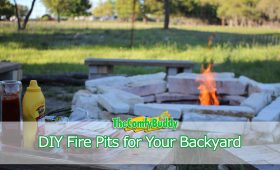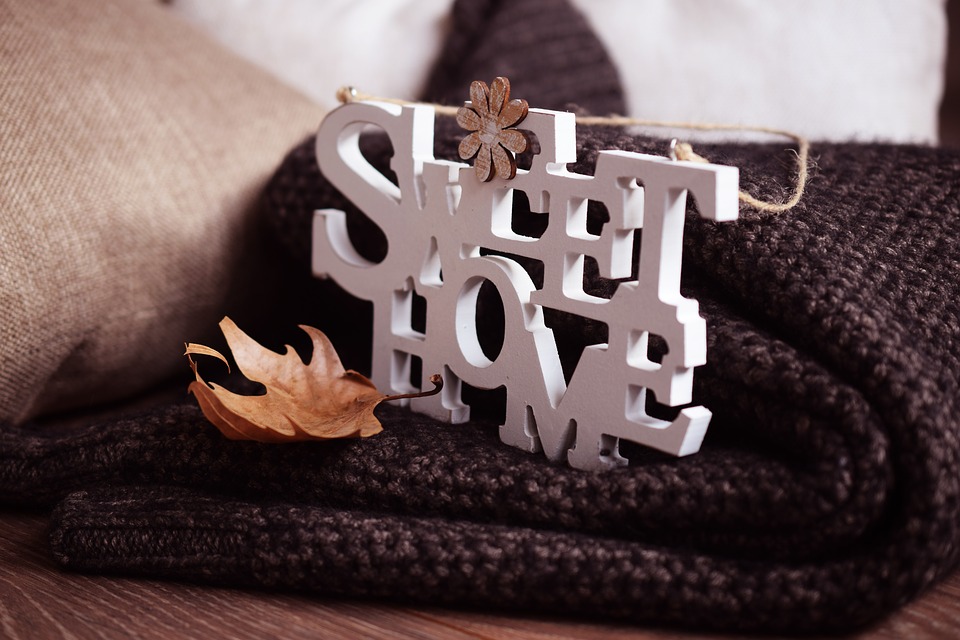
Not every home owner or office manager pay attention to their home’s air quality.
It is a misconception to think that you escape air pollution once you are inside the office or home, especially when properly steps have not been done to keep the air indoors clean and safe. Pollution will affect us both indoors and outdoors.
If you are a home owner, you have to be extra careful about the air your loved ones breathe because your home can have toxic buildup that can harm your children’s and your own health if not resolved right away.
In this case, the saying ‘prevention is better than cure’ cannot be more true.
We have to make sure our homes, offices, and other buildings are safe right down to the air we breathe when we’re inside. If you notice your indoor dust increase, it means the air outside is seeping into your house.
If you are working on a project at home like painting, cleaning the carpets and the smell of any chemicals you used permeate the air and doesn’t go away, it also means that the air isn’t circulating enough. These can lead to having more polluted air inside the home compared to outdoors. Harmful substances such as lead, radon, fire retardants can build up and cause health issues.
It is imperative that keeping your home’s air safe and clean so your family is not exposed to dangerous amounts of microscopic allergens, mold, pet dander, radon, lead and other chemicals. These air pollutants can cause respiratory issues, even problems with your central nervous system.
While modern houses are air tight with provisions for proper air circulation – older structures don’t. You will have to proactively monitor the air at home.
So, let’s cut to the chase.
Table of Contents
Tips for Improving Air Quality at Home
Here are some tips you may want to try in order to keep your office’s or home’s air quality safe for all its residents.
1. Keep your house or office clean, especially the floors.
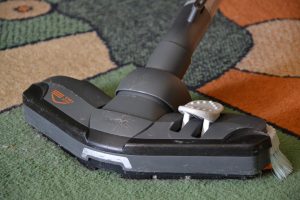
Schedule deep cleaning every two weeks or once a month along with regular cleaning daily.
Yes, it will require effort on your part to make sure everything is clean. Dust, allergens and chemical residue may have collected in the floors and walls of your home or office over the years, and you should start by cleaning it.
A vacuum cleaner with powerful rotating brushes and a HEPA filter will be useful in removing chemical concentrations in your floor, carpets, furniture and walls. It will also remove dust, pollens, pet dander and other allergens.
Give extra focus on cleaning the carpets where all the pollutants usually stick to.
2. Clean your floor with microfiber cloth.
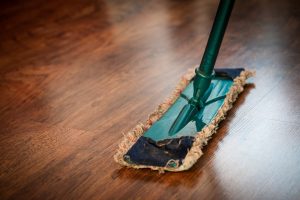
After vacuum cleaning your area, mop using microfiber cloths instead of traditional rags in order to clean thoroughly and pick up dust that might be left behind. Skip the strong chemical cleaners and use water instead. The chemicals in cleaning detergents and solutions only add to the pollution in the air.
3. Leave the slippers, shoes and other footwear outdoor.
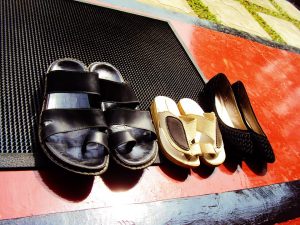
If you want, you can have everyone leave their shoes by the door and put on indoor slippers to keep any dirt from the shoes out and not inside the house, especially on the floors.
Asian countries practice this and so do some American homeowners. It is not disrespectful to have them leave their shoes behind if it means keeping your house clean and the air your family breathes safe.
4. Older houses have lead paint on the walls.
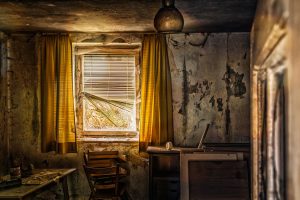
Lead is very dangerous and exposure can lead to various health problems not just for kids and the elderly – but anyone. Your central nervous system, brain, and kidneys will be affected by this poisonous chemical.
Before you buy a new home or office space, make sure to ask if there are no lead painted walls just to be safe.
5. Allergens and mold love moisture.
Exposure to them can be deadly especially if you have asthma and allergic to such substances. So make sure your space has a humidity level of 30-50% to keep mold and allergens away.
6. Use dehumidifiers.
There are air conditioners with built-in dehumidifier designed to dehumidify your house. There are also many air dehumidifier products you can buy just to make sure your house won’t have any mold growth because of too much moisture.
7. Check your exhaust fan.
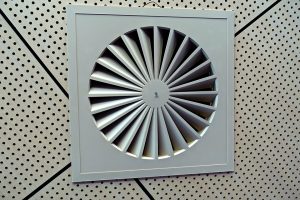
An exhaust fan is also useful when set up in the places in your home especially in bathrooms and the kitchen. This will let chemical pollutants out and help you avoid any dangerous build up. If you have window fan, also regularly check its fans for dust build up.
8. Check your place for wet things.
Keep your home or office dry by making sure you don’t over-water house plants or water them outside and bring back in when dry. Hang your clothes to dry outside as well. Any puddle of water in your home can not only be slippery but a cause for fungi and mold to grow.
9. Keep your water pipes leakage free and your entire water system in check.
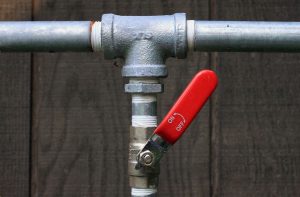
Many plumbers offer cheap but regular or scheduled inspection to prevent pipe bursts and leaks. Again, mold loves wet and dark areas, so keep your kitchen sink and bathrooms clean and dry.
10. Your home or office should be a no-smoking zone.
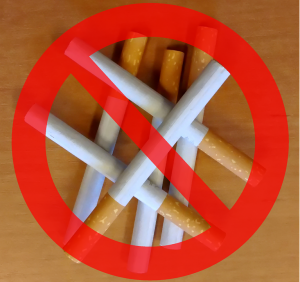
Second hand cigarette smoke is dangerous for anyone at any age. It can cause problems with your respiratory system. It contains about 4,000 chemicals, none of which are good for you or your family. If you want to improve the quality of air in your home or office, prohibit smoking inside the premises.
11. Check for radon gas for newly built houses.
Radon is another gas that could lead to lung cancer. If you are moving to a new house, whether newly built or not, have it tested for radon which is radioactive gas. It is found in soil but it if it moves up to your floor, or through cracks and holes in the foundation – it can be problematic. Visit the Environmental Protection Agency website to find our more.
12. Fabric conditioners and air fresheners do not help that much.
Avoid using too much synthetic fragrances found in fabric conditioners and air fresheners. Research shows that these products emit different volatile organic compounds. The fragrance are from petroleum products and they have not undergone significant testing to prove they are safe. In animals, these fragrances can disrupt their hormone production.
13. Avoid polishers and cleaners with strong chemicals.
Avoid aerosol sprays, carpet cleaners and furniture polish riddled with so many strong chemicals.
Instead of using man-made ingredients, stick with organic and natural fragrances. Any citrus fruit can be a great air freshener and cleaner. Create a cleaning solution using this and a couple drops of vinegar, as well as baking powder and you will instantly have an effective and safe way to keep your home smelling fresh.
14. Good ventilation is vital.

Every now and then, open your windows to let the sun in and let the chemical build up in the air to be replaced with fresh air. Letting fresh air in will be good for your lungs and letting the sun in can help control mold growth.
15. Bring a plant from your garden inside.

Indoor plants like ferns, orchids, a bonsai tree or any shrub in pots can add beauty to your home. They will also act as natural but effective air purifiers and absorb chemical pollutants.
16. Use an air purifier.
If you have extra budget to spare, purchase a quality air purifier for your home. If you use a scented candles and humidifiers for essential oils, they may smell nice but they buildup in air tight homes. It is important to use air purifiers to monitor and remove unwanted substances in the air you and your family breathe. The technology is designed to filter the air and keep dust, formaldehyde and other chemicals as well as cigarette smoke filtered away.
17. Check or inspect home or office appliances regularly.
As mentioned previously, filters should be replaced in air purifiers, air conditioners and vacuum for them to function properly. Gas appliances like ovens and boilers should also be serviced regularly to check leaks that end up polluting the air.
18. Cover Trash. Dispose it regularly.
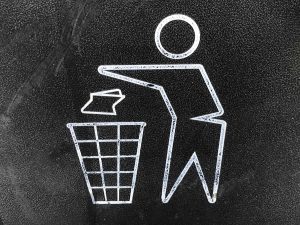
Make sure to store away food properly and cover trash cans. Rotting items emit gas called methane that can build up inside your home which happens to be highly flammable.
19. Use baits instead of chemical sprays or poisons for pests.
When you’re trying to control pests in the home, it is safer to use baits instead of chemical poison. We cannot stress it enough, that using chemicals can be dangerous. You don’t even have to actually come in contact with it because it emits fumes that may be trapped inside an air tight space and residents will unknowingly breathe in these dangerous substances.
20. Don’t burn wood inside your home.

Burning wood adds to pollution in and out of any building. Using outdoor wood boilers or hydronic heaters produces soot that can spread all over the neighborhood and inside homes. If you’re using wood as means of heating during winter be sure you have a chimney to exhaust smoke properly or you can use efficient space heaters as alternative.
21. Avoid using and storing hazardous products inside.
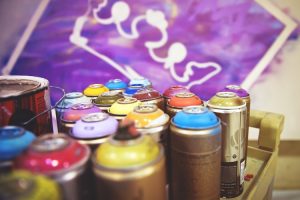
Some hobby products like paint, polish and industrial glue emit toxic fumes. Even shaving wood to create furniture as hobby should not be done inside your home because of the dust it creates. Using and storing these hazardous products should be at an outside work area or barn.
Summary
In a nutshell, having clean air to breathe at home or in any office is important in keeping everyone healthy and safe from dangerous substances.
The air isn’t something we see. We can’t tell right away if it is clean or if it carriers allergens, chemicals and pollen. It does not mean that we have to wait for our loved ones or co-workers to suffer from respiratory problems before we take any action.
If you take a look at the tips we have shared with you, it will require effort on your part to keep the surroundings clean. Buying air purifiers is just being sure you have all aspects covered. But most of the time, your home and office needs only to be clean and that you avoid using products that will add to the pollution inside any structure.



